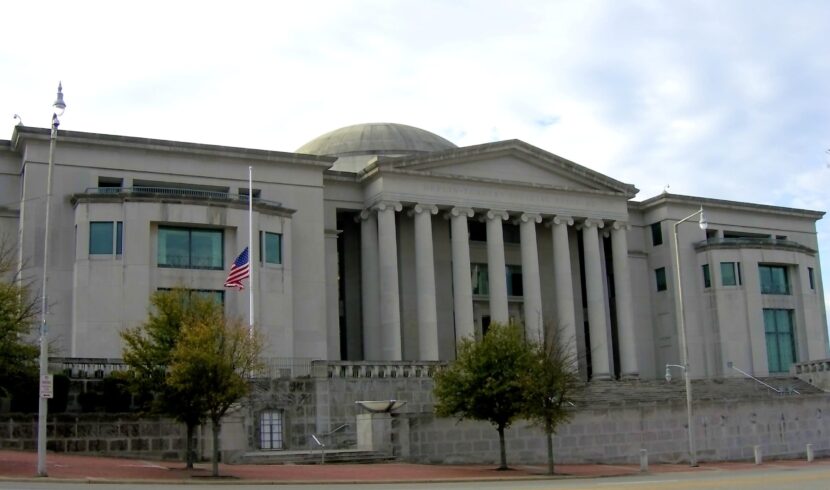United States: The Alabama State Supreme Court last week held that frozen embryos, a product of in vitro fertilization, or IVF, are considered children under state law and therefore subject to a law meeting the requirements of wrongful death of a minor if one is destroyed.
As per the ruling of the court, The Wrongful Death of a Minor Act applies to all unborn children, regardless of their location,” including, “unborn children who are located outside of a biological uterus at the time they are killed.”
The imminent effect of the ruling will be to grant three couples the right to file a wrongful death suit after a fertility clinic accident that led to the destruction of their frozen embryos.
The ruling has far-reaching effects
However, this decision could be viewed as the first of its kind which can have broader implications.
Justice Greg Cook stated while dissenting opinion in the case, “No court — anywhere in the country — has reached the conclusion the main opinion reaches,” adding that, it “almost certainly ends the creation of frozen embryos through in vitro fertilization (IVF) in Alabama,” CBS News reported.
What do the supporters of abortion rights have to say?
Groups supporting abortion rights and IVF have been sounding the alarm about the possibility since before the Supreme Court overturned Roe v. Wade in 2022 and after Republican-led states put new restrictions on abortion.
The courts cited the language that was added to the Alabama constitution in 2018 which states that “it is the public policy of the state to ensure the protection of the rights of the unborn child.”
Now, experts in fertility and organizations also take the same stance with Alabama’s ruling that it could result in reduced IVF access and care provision.
Dr. Mari Mitrani, co-founder and chief scientific officer at Gattaca Genomics said, “serious potential and unintended consequences to the fertility industry as a whole, threatening Alabamans’ rights to start a family,” as CBS News reported.
One in five people (1 in 5) cannot conceive after one year of trying, according to the Centers for Disease Control and Prevention (CDC). A survey recently conducted found that 42 percent of American adults report the use of, or know someone who has used fertility care.
The ruling could prove a threat to fertility healthcare providers

Mitrani said, “This ruling poses a threat to embryologists, fertility doctors, lab technicians, and all fertility healthcare providers in Alabama,” and, “The local medical professionals will be exposed to unforeseen consequences due to this ruling, when trying to help their patients.”
Although some effects could also extend within the state and even beyond it.
As per the CBS News reports, the advocacy group Resolve: The National Infertility Association, a non-profit Organization stated, “This ruling has profound implications far beyond Alabama’s borders,” and, “Every American who wants or needs access to family building options like IVF should be deeply concerned about this development and the precedent it will set across the country.”
It further said that within Alabama, it has a tendency to have other “devastating consequences, including impacting the standard of care provided by the state’s five fertility clinics.”
Further, the statement said while considering it also remains unclear what this decision means for people who currently have embryos stored, “This new legal framework may make it impossible to offer services like #IVF, a standard medical treatment for infertility,” as CBS News reported.
Dr. Mary Jacobson, OB-GYN and chief medical adviser for the healthcare tool Hello Alpha said that the ruling a “continued assault on our freedoms and erosion of the doctor-patient relationship.”
She further added, “Most of us became doctors to help people. Criminalization of positive intention pits infertility teams against patients and will have devastating effects,” and, “What’s next — the criminalization of miscarriage, criminalization after a missed menstrual period?”






